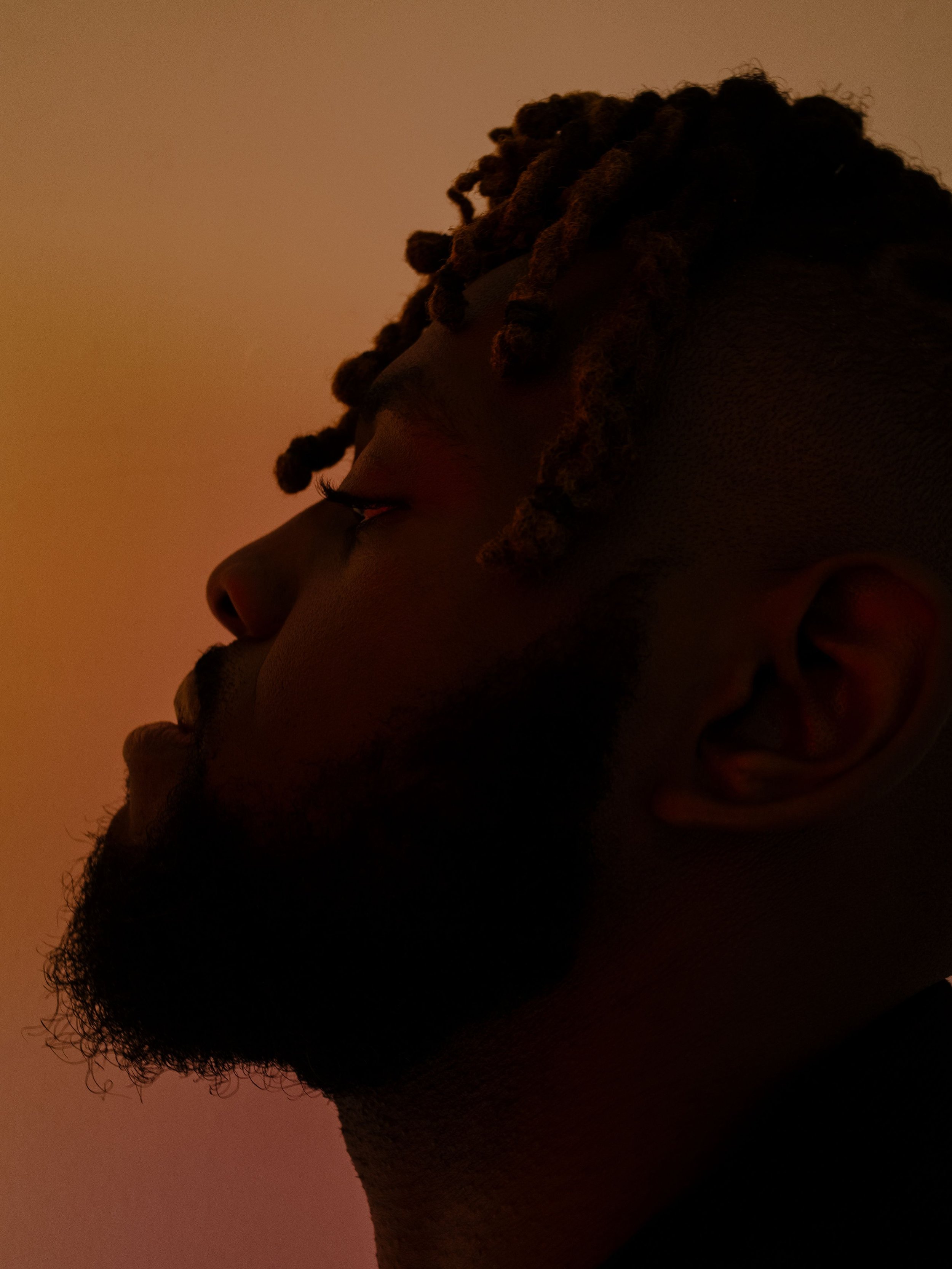Ashley Henry: “Jazz is about self expression and finding out more about who you are”
ArtsTrain chats to Ashley Henry to discuss musical expression as a young person and why workshops like the ones ArtsTrain provides are important.
Image credit: Vivek Vadoliya
Born and raised in south east London, Ashley Henry is fast becoming one of the UK jazz scene’s most prominent faces. Having studied at The Brit School, Leeds University and then at the Royal Academy of Music, he’s performed alongside, and collaborated with, some of the jazz world’s most revered artists. A self-taught pianist, he’s been playing piano for more than 25 years; teaching himself to play music by ear, learning songs from the likes of Stevie Wonder, Earth Wind & Fire and Marvin Gaye. Ashley was a recent guest facilitator at our workshops at The Churchill Theatre in Bromley, providing guidance and tips to our young musicians in the lead up to their performance at the London Jazz Festival last year.
ArtsTrain sat down with the Ashley to find out about his experience with ArtsTrain and why jazz has become so popular amongst the younger generation.
ArtsTrain: Do you feel like there were many opportunities when you were growing up to express yourself musically?
Ashley Henry: I was going out every night, going to jam sessions, meeting people, playing and at the same time doing my own shows. I was playing with loads of different people and playing my own music and developing that. I started playing with more and more [wellknown] names. But outside of being at school, and before being at Brit School, I didn't really find that there were many opportunities. You had to know where to go. I didn’t know of many Saturday music programmes. Even today you need to know where to go or know of someone who knows of a programme you can join.
AT: What can be done to facilitate the support of young musicians?
AH: I think there needs to be more programmes in specific areas. So reaching out to schools in that area for people who are interested in musical arts. Also the pandemic has affected people being able to go out, or even feeling safe to go out to meet others and go to things such as jam sessions. A lot more stuff is online now. Hopefully we’ll come to a place where people feel safe to go out again and go to jam sessions and meet people, because that’s what music’s about. Especially jazz music. It’s about the social aspect of it.
AT: Why is it important to have workshops like the ones ArtsTrain provides?
AH: For me, being involved in ArtsTrain made me realise how much the pandemic has affected young people, and very profoundly. I found that being a spaceholder for these workshops was a healing process for both the musicians and for myself. I think, especially in the confinements of the school, the music department is probably one of the only spaces where young people can gather and are able to think critically about music, exchange ideas and just express themselves musically. I feel like everyone needed that workshop at that time. Music and creativity is definitely needed at this time for self-expression and as a group healing process.
Image credit: Ash Sealy
AT: Can you tell us about something that you’ve gained from being a part of the ArtsTrain workshops?
AH: Going back to what I said about how the pandemic has affected young people, it's given me more of an understanding of that, and it’s definitely helped me to sharpen my approach to being a spaceholder for workshops. It’s helped me to engage with young people and show them how to improvise, and to feel safe to be able to express themselves. It was a really great opportunity and I really enjoyed it. It re-energised me in a way that I didn’t think it would. Seeing the look on people’s faces when they’ve unlocked different doors in their creative journey, and that feeling you get from knowing that that’s just happened - money can’t buy that. It’s amazing to see them grow, even just in one hour.
AT: Why do you think jazz appeals to the younger generations now?
AH: A couple of things really. I feel like for a long time jazz and improvised music has been packaged as something that isn’t supposed to make you ‘feel’. Even more so from people that don’t look like me. At the same time I think that when people are exposed to a style of jazz that makes them feel a certain way it opens doors. It’s about self expression and getting to understand your feelings and finding out more about who you are. I think, especially now, people are starting to ask themselves those questions and I feel that jazz and improvised music just coincides and helps with that. Jazz has always been a style of music that has always stemmed from marginalised groups who are dealing with precarity and we’re living in very precarious times right now. Jazz is definitely one of the main musical components that can really, really help and reach people of all different ages and backgrounds.
AT: What advice would you give to someone wanting to make it in the music industry?
AH: Oh, man. Just love it! I feel like once you love what you’re doing and you're following your passion, everything else will follow.
Ashley has new music dropping in February as well as an EP in May titled My Voice, a nod to beginning “the process of me using my voice in my music and to me continuing to push the boundaries, refusing to be pinned down as a musician.”
You can follow Ashley on Instagram here and stay up-to-date via his website here.


